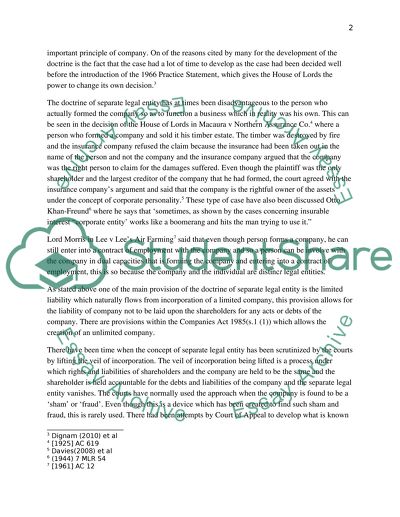Cite this document
(Corporate Personality Essay Example | Topics and Well Written Essays - 1500 words, n.d.)
Corporate Personality Essay Example | Topics and Well Written Essays - 1500 words. https://studentshare.org/law/1570747-business-law-corporate-personality
Corporate Personality Essay Example | Topics and Well Written Essays - 1500 words. https://studentshare.org/law/1570747-business-law-corporate-personality
(Corporate Personality Essay Example | Topics and Well Written Essays - 1500 Words)
Corporate Personality Essay Example | Topics and Well Written Essays - 1500 Words. https://studentshare.org/law/1570747-business-law-corporate-personality.
Corporate Personality Essay Example | Topics and Well Written Essays - 1500 Words. https://studentshare.org/law/1570747-business-law-corporate-personality.
“Corporate Personality Essay Example | Topics and Well Written Essays - 1500 Words”. https://studentshare.org/law/1570747-business-law-corporate-personality.


